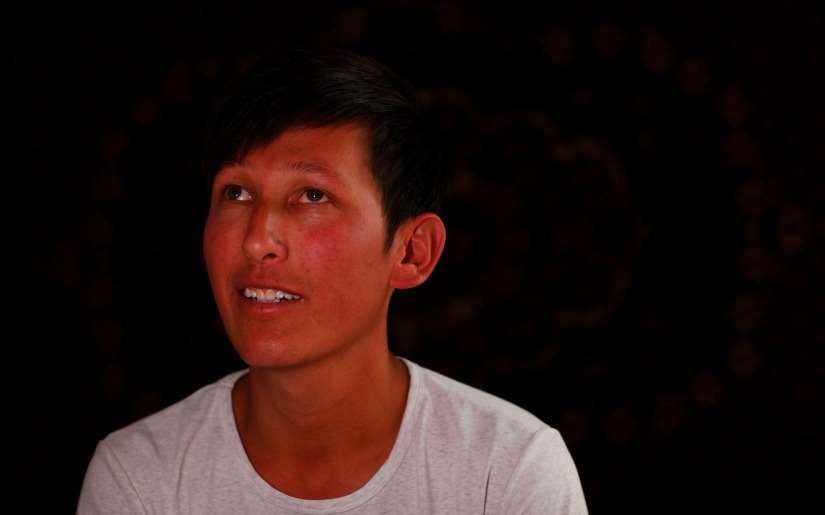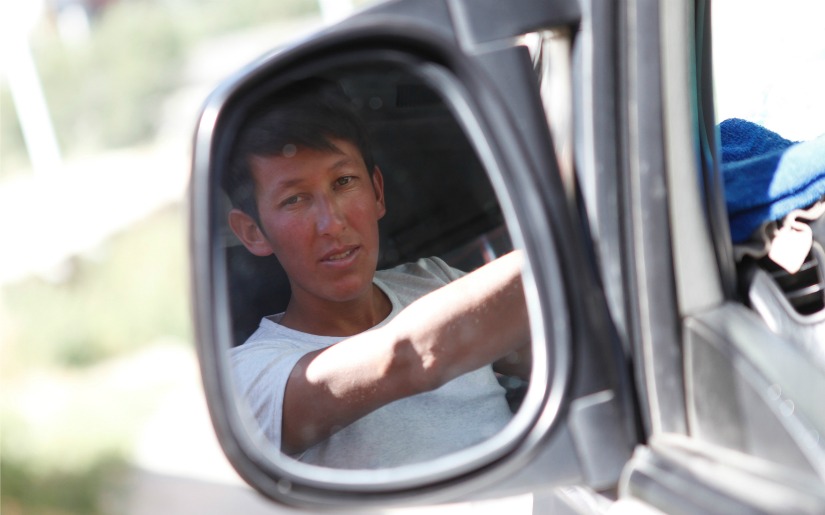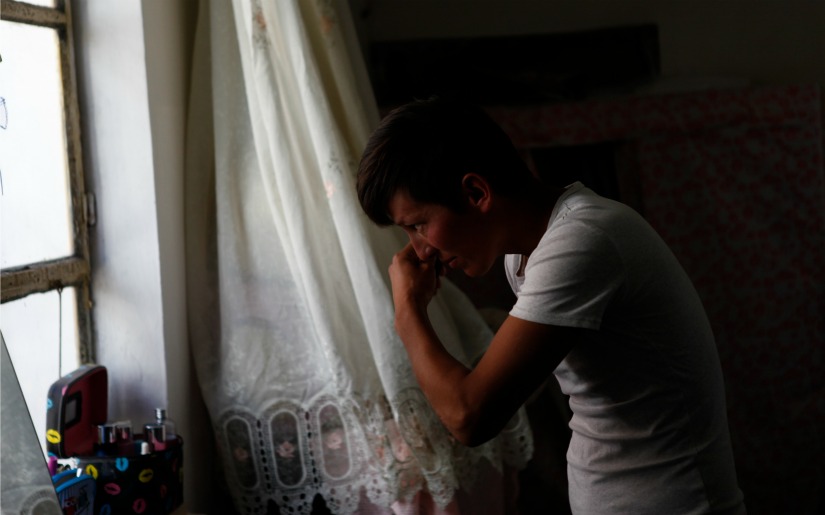Kenjiebieke is only 27 years old. But he may forever lose the sight in his left eye. This could have been prevented if he was aware of the eye problem earlier.
The doctor suspected he has congenital
cataract, but the young man had no idea of the problems facing him.
“It was a little bit blurred when I saw the blackboard at school. But I did not think it was a problem,” says Kenjiebieke who shares a shanty house with his brother and sister-in-law in Altay, Xinjiang,
China.

Some time ago, he started gradually losing the sight in his left eye until he could not see at all.
A driver who transports food, Kenjiebieke is worried about his eyes. He has stopped working for 3 months since his sight gradually faded away. He could not see the rear mirror (in China, drivers drive on the left) and his eyes hurt when he drove in the sun.
“It feels boring staying at home. I am worried that I may lose my sight in the other eye,” he sighed.

All he can see now is shadow, sometimes white and sometimes black.
Kenjiebieke had a first operation but because of the delay in treatment the result was not satisfactory.
“I may become a herdsman if I cannot drive anymore.” He even hesitated to tell the girl he likes about his eyes.

Dr Hongwei Zhang who operated on Kenjiebieke’s eye, said the young man would need to visit the hospital for the next few months and see if laser treatment can improve the situation. Otherwise he may be blind forever.
Cases like Kenjiebieke’s are common in Altay, where half of the population is Kazakh and most of them are herdsmen.
Dr. Zhang said: “People in Altay are unware of protecting their eyes especially among farmers and the community. Many people cannot even speak Mandarin which makes it difficult to communicate with them.”
If Kenjiebieke had his eyes checked when he was a child, there was a very high chance that his condition could have been treated and his sight saved.
The Fred Hollows Foundation is training eye surgeons and village doctors in Xinjiang to raise awareness and build up eye care services in the region.
Your support is important so that the cases like Kenjiebieke’s can be avoided
.